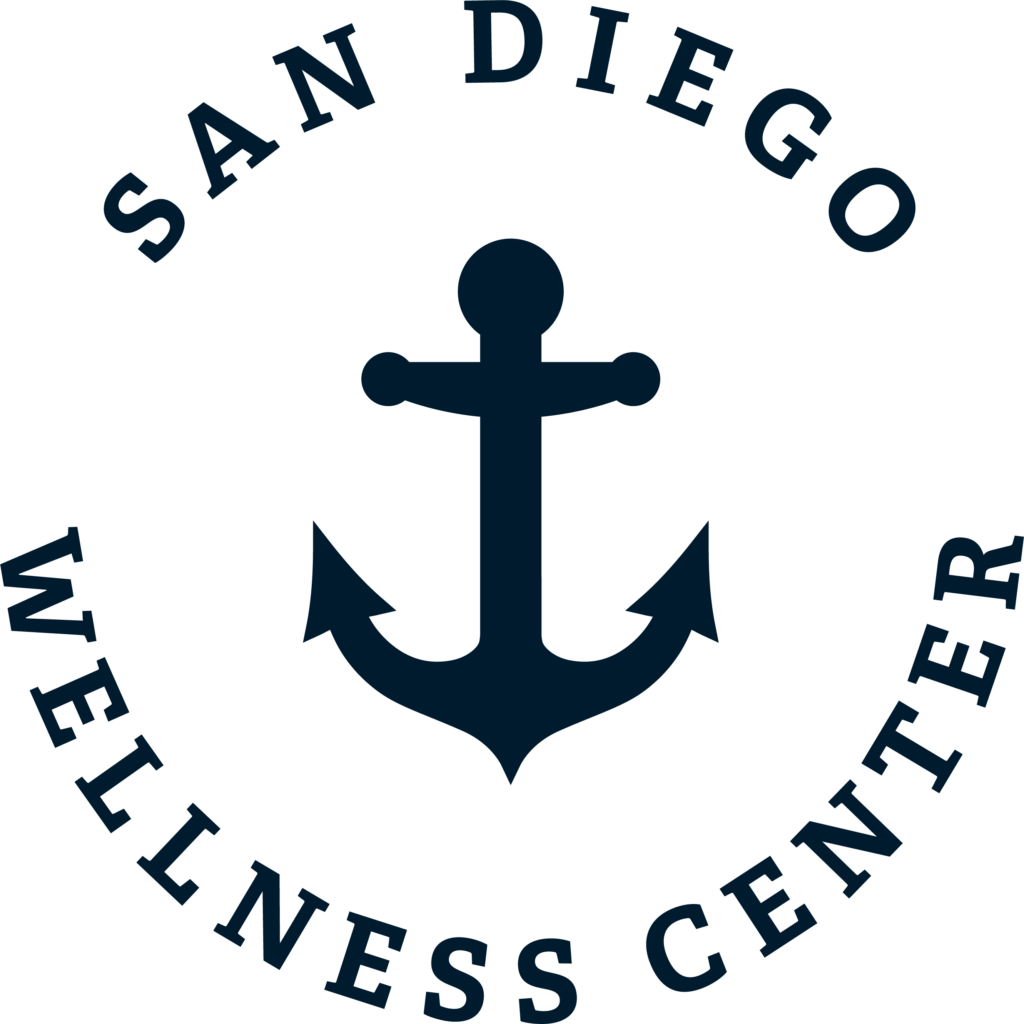Key Takeaways
- Medical detox combined with proper nutrition, hydration, and rest helps reduce withdrawal discomfort and keeps the body safe while removing harmful substances.
- Holistic therapies like yoga, meditation, and acupuncture support emotional balance, reduce stress, and strengthen the body during recovery from addiction.
- Spotting drug use symptoms and signs early allows for safer detox and greatly improves the chances of achieving long-term recovery success.
Deciding to go through drug detox is a life-changing choice. At first, it can feel overwhelming. You may wonder what detox is, how to prepare, and what your body will experience during the process. Drug detox is the first stage of recovery from addiction, but it also places unique demands on the body. The body works hard to remove harmful substances, and this requires the right kind of support.
Many people underestimate how much physical care matters during recovery. Without giving the body proper nutrition, rest, and medical care, detox side effects may worsen, making recovery more difficult. But with the right tools and guidance, the body can heal in ways that promote strength, balance, and long-term wellness.
At San Diego Wellness Center, we specialize in guiding people through detox in a way that supports both physical and emotional well-being. Let’s look at practical steps you can take to support your body through drug detox and recovery.
What Detox is and Why the Body Needs Support
Detox is the process by which the body clears out harmful substances that have built up from repeated drug use. During this process, your system begins adjusting to life without the substance it has depended on.
Some people try to do a drug cleanse at home, but detox without medical support can be risky. Certain substances lead to severe withdrawal symptoms that require medical monitoring. For example, alcohol and opioids can cause serious physical reactions if stopped suddenly. Kratom is another substance where people often need guidance on how to stop safely. If you want detailed guidance on this, see our resource on how to get off kratom.
Supporting the body during detox is critical because withdrawal drains energy reserves and weakens the immune system. This is why nutrition, hydration, and medical supervision are essential. The body is working overtime, and the right care makes recovery safer and more effective.
Common Detox Side Effects and How to Ease Them
Withdrawal is the natural response to stopping drug use, but it comes with uncomfortable detox side effects. These can range from mild discomfort to severe symptoms that require immediate medical attention.
Typical detox side effects include:
| Detox Side Effect | How to Support the Body |
| Nausea and vomiting | Hydration, bland diet, anti-nausea medication |
| Sweating and chills | Comfortable room temperature, hydration, rest |
| Muscle aches | Light stretching, massage, warm baths |
| Anxiety and irritability | Breathing exercises, therapy, supportive care |
| Sleep disturbances | Sleep hygiene routines, relaxation techniques |
While uncomfortable, these symptoms can be managed with proper care. Medical detox provides medications to stabilize the body, while holistic therapies can ease stress and calm the nervous system.
Recognizing Drug Use Symptoms and Signs
One of the most important steps in supporting recovery is knowing when professional detox may be necessary. Drug use symptoms and signs often appear gradually, and they can look different depending on the substance involved. However, there are common patterns that should not be ignored.
Behavioral signs may include sudden mood swings, irritability, increased secrecy, or withdrawal from family and friends. People may lose interest in hobbies, school, or work responsibilities. Physical signs can include changes in weight, bloodshot eyes, poor hygiene, unusual sleep patterns, or unexplained health issues. In many cases, the body shows withdrawal symptoms when the drug is not used. These symptoms can include sweating, shaking, or nausea. This indicates physical dependence.
Recognizing these symptoms early makes a significant difference. Addressing substance use before it worsens allows treatment to start sooner, making detox safer and recovery more effective. Families and loved ones play a crucial role here, as they are often the first to notice changes. By offering support and encouraging medical detox, they can help their loved one take an essential step toward healing.
Nutrition and Hydration for Recovery from Addiction
Proper nutrition plays a key role in helping the body heal from substance use. Drugs often deplete vitamins and minerals, leaving the body weakened. A diet rich in whole foods, lean proteins, fruits, and vegetables helps restore balance.
Hydration is equally important. Many substances cause dehydration, which makes withdrawal symptoms worse. Drinking enough water and replenishing electrolytes helps reduce headaches, fatigue, and irritability.
Some treatment programs also include nutritional counseling, helping people rebuild healthy eating habits that strengthen both the body and mind. This creates a foundation for long-term recovery from addiction.
Holistic Therapies to Support Body and Mind
Medical detox is essential, but holistic therapies help restore balance. By calming the nervous system and supporting overall health, these therapies make recovery more sustainable.
Examples of holistic therapies include yoga, meditation, acupuncture, massage, and art therapy. These practices help reduce stress, improve sleep, and encourage positive mental health. When combined with medical care, they provide a more complete support system during detox.
Holistic care also teaches skills that people can use long after treatment, such as mindfulness and relaxation strategies that protect against relapse.
Rest and Movement During Detox
Rest is one of the most powerful tools during detox. The body heals best when given time to recover, which means prioritizing quality sleep. Creating a calming nighttime routine with limited screen time, a cool environment, and relaxation techniques can help.
At the same time, gentle movement can ease muscle tension and support mental health. Light walks, stretching, or yoga can help release stress and improve circulation without placing strain on the body. The key is balance: getting enough rest while gradually adding safe forms of activity.
Medical Detox and Professional Support
Medical detox provides the safest environment for withdrawal. Professionals monitor health, provide medications if needed, and guide the body through the most difficult stages. This reduces risks and increases comfort.
At San Diego Wellness Center, medical detox is combined with residential treatment. This gives people the structure, nutrition, and therapies they need to support recovery. By staying in a safe and supportive environment, the body has the best chance to heal fully.
Start Detoxing with San Diego Wellness Center
Supporting your body through detox is about more than just getting through withdrawal. It’s about creating a foundation for lasting health and recovery from addiction. By focusing on nutrition, hydration, medical care, rest, and holistic therapies, you can help your body rebuild strength and balance.
San Diego Wellness Center is here to guide and support you every step of the way. Our medical detox and residential treatment programs provide the care and structure needed for healing. Contact us today to take the next step toward recovery.
FAQs
1. What is detox in addiction treatment?
Detox is the process by which the body clears out drugs or alcohol while managing withdrawal symptoms under medical supervision.
2. How long does detox last?
The length of detox depends on the substance, how long it was used, and personal health. It usually lasts several days to two weeks.
3. What are common drug detox side effects?
Side effects include nausea, sweating, anxiety, sleep problems, and muscle aches. Medical support helps reduce discomfort and ensures safety.
4. Why is nutrition important in recovery from addiction?
Healthy food and hydration repair damage caused by substance use, restore energy, and support mental health.
5. Can holistic therapies really help during detox?
Yes. Practices like yoga, meditation, and acupuncture ease stress, improve sleep, and support the body’s healing process during recovery.


